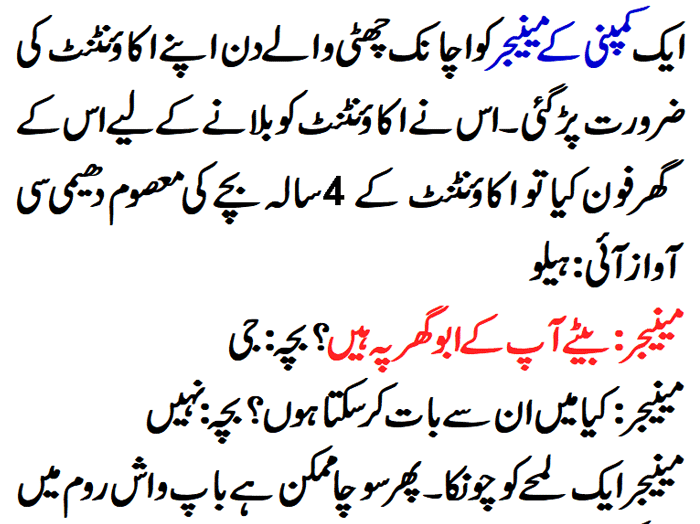
Osteoporosis, a common yet often overlooked condition, affects millions worldwide, especially older adults. It’s a progressive bone disease characterized by weakened bones, making them fragile and more susceptible to fractures. While osteoporosis primarily manifests in older individuals, it’s important to understand its signs, symptoms, and preventive measures.
What is Osteoporosis?
Osteoporosis translates to “porous bones,” indicating a reduction in bone density and quality. Healthy bones are vital for overall well-being, providing structural support and protection for vital organs. However, with osteoporosis, bones become porous and brittle, increasing the risk of fractures, particularly in the spine, hips, and wrists.
Signs and Symptoms of Osteoporosis:
Identifying osteoporosis in its early stages can be challenging as it often progresses silently without noticeable symptoms. Nevertheless, certain signs and symptoms may indicate the presence of this condition:
Bone Fractures: Individuals with osteoporosis are more prone to fractures, especially in areas like the spine, hips, and wrists. These fractures may occur with minimal trauma or even from routine activities.
Loss of Height: Compression fractures in the spine can lead to a gradual loss of height and a stooped posture, known as kyphosis or dowager’s hump.
Back Pain: Persistent, dull, or severe back pain can indicate spinal compression fractures, a common consequence of osteoporosis.
Decreased Grip Strength: Weakened bones can affect grip strength, making it difficult to perform everyday tasks that require strength and dexterity.
Brittle Nails and Receding Gums: In some cases, osteoporosis may manifest in brittle nails and receding gums, though these symptoms are less common.
Home Remedies for Osteoporosis:
While medical intervention is essential for managing osteoporosis, several home remedies and lifestyle modifications can complement traditional treatments. Here are some effective home remedies:
Nutrient-Rich Diet: Consuming a balanced diet rich in calcium, vitamin D, magnesium, and other essential nutrients can support bone health. Incorporate dairy products, leafy greens, nuts, seeds, and fortified foods into your meals.
Regular Exercise: Engaging in weight-bearing exercises like walking, jogging, and resistance training can help strengthen bones and improve overall bone density. Try to do moderate exercise for at least 30 minutes most days. This could be things like brisk walking, biking, or dancing.
Supplements: If dietary intake is insufficient, consider taking supplements to meet your calcium and vitamin D requirements. However, consult with a healthcare professional before starting any new supplement regimen.
Quit Smoking and Limit Alcohol: Smoking and excessive alcohol consumption can weaken bones and increase the risk of fractures. Quit smoking and limit alcohol intake to promote better bone health.
Fall Prevention: Minimize the risk of falls by removing tripping hazards from your home, installing grab bars and handrails, wearing supportive footwear, and practicing balance exercises regularly.
Prevention Tips for Osteoporosis:
Prevention plays a crucial role in reducing the likelihood of developing osteoporosis. Here are some preventive measures to consider:
Start Early: Building strong bones during childhood and adolescence lays the foundation for lifelong bone health. Ensure adequate calcium and vitamin D intake during these crucial developmental stages.
Bone Density Screening: Women aged 65 and older and men aged 70 and older should undergo regular bone density screenings to assess their risk of osteoporosis and fractures.
Healthy Lifestyle Choices: Maintain a healthy weight, avoid crash dieting, and prioritize regular physical activity to support bone health and overall well-being.
Bone-Friendly Foods: Eating calcium-rich foods like dairy products, leafy greens, and fortified foods into your diet. Additionally, consume foods rich in vitamin D, such as fatty fish, egg yolks, and fortified cereals.
Sunlight Exposure: Spend time outdoors to allow your skin to produce vitamin D naturally. Try to spend about 10-15 minutes in the sun a few times a week, making sure your arms, hands, and face get some exposure. It’s best to do this around midday when the sun is strongest.
FAQs about Osteoporosis:
1. Can men get osteoporosis too?
Yes, men can get osteoporosis too, although it’s more common in women. About one in five men over 50 will experience a fracture due to osteoporosis. Men should be aware of their bone health and talk to their doctor if they have symptoms or risk factors like low testosterone, certain medications, or a family history of osteoporosis.
2. Do some medications make osteoporosis more likely?
Yes, certain medications can increase the risk of osteoporosis. These include long-term use of drugs like prednisone for conditions such as asthma or arthritis. Other medicines like some anticonvulsants, proton pump inhibitors, and certain cancer treatments can also affect bone health. If you’re taking these medications long-term, talk to your doctor about potential effects on your bones.
3. Can osteoporosis be cured?
No, osteoporosis cannot be cured, but it can be managed to prevent further bone loss and fractures. Treatment focuses on slowing down bone breakdown and promoting bone formation. This may involve medications and lifestyle changes like diet and exercise. It’s important to catch osteoporosis early and get treatment to minimize its impact on your health.
4. Is osteoporosis genetic?
Genetics can play a role in osteoporosis risk, but it’s not the only factor. A family history of fractures or osteoporosis can increase your risk, but lifestyle choices like diet and exercise also matter. Even if you have a family history, you can still take steps to keep your bones healthy.
5. Can younger adults and teens get osteoporosis?
Yes, osteoporosis can happen in younger people too. Certain medical conditions, hormonal imbalances, and lifestyle factors can weaken bones at a younger age. Eating disorders, hormonal problems, and digestive diseases can all affect bone health. Early diagnosis and treatment are important to prevent long-term problems.
6. Are there other treatments for osteoporosis?
Some people try alternative or complementary therapies alongside traditional treatments for osteoporosis. These might include supplements like calcium or vitamin D, or herbal remedies.
To sum up, osteoporosis is a common bone condition that needs careful management and steps to prevent it. By knowing its signs, trying home remedies, and living healthily, you can reduce your chances of getting osteoporosis and keep your bones strong as you age.






